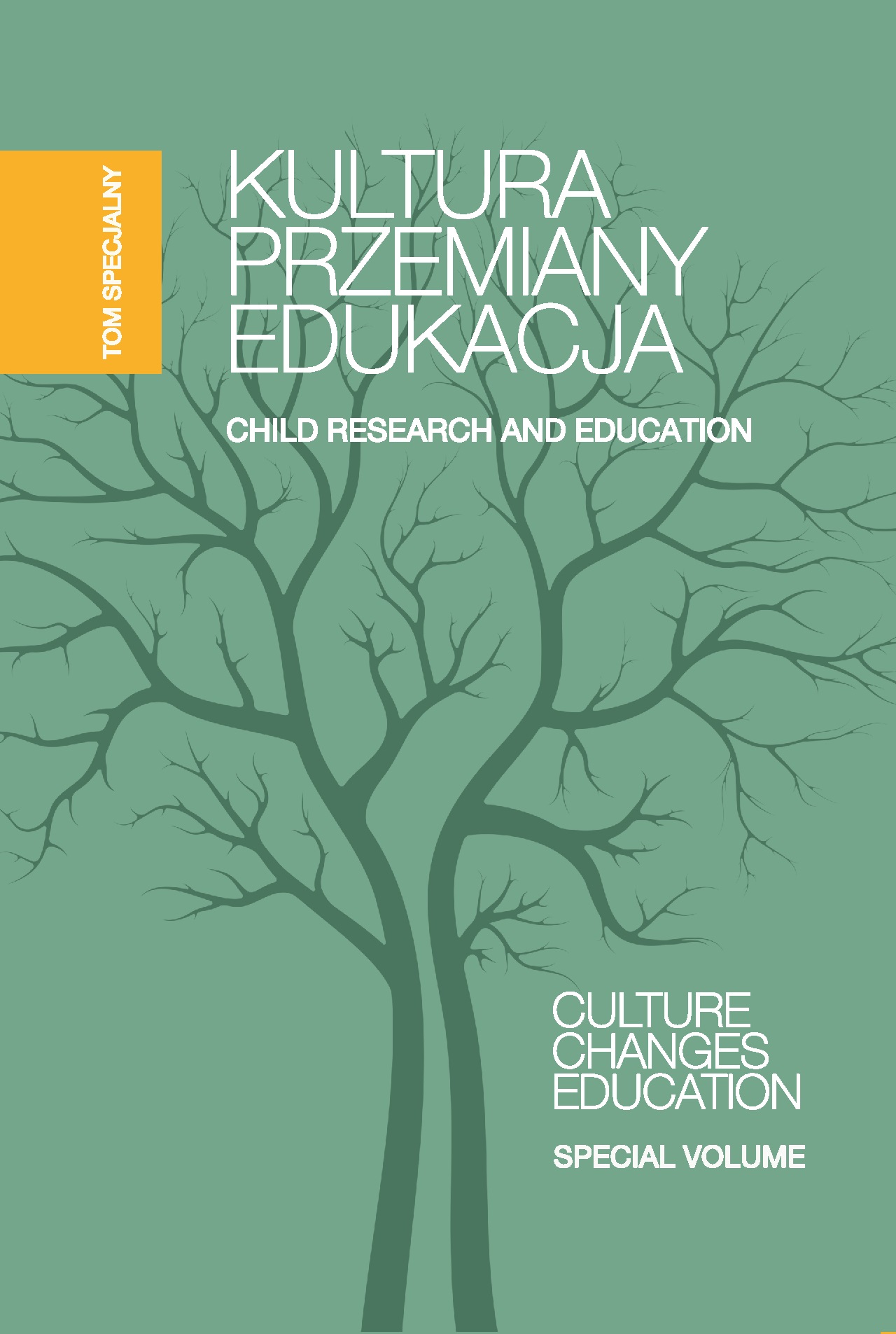University students yet still teenagers. The youngest students in the perspective of academic ombudspersons
DOI:
https://doi.org/10.15584/kpe.spec.crae.2024.6Keywords:
academic ombudsperson, young students, sociology of education, HEI, student rightsAbstract
The youngest university students in Poland started their school education at the age of 6. They are coming to the universities before they become 18 years old, which is a boundary of legal age according to Polish civil law. Each generation of students has its specificity, but in the general student population, we should see also the problems of this youngest group. Their adolescence involves some interesting legal matters. They need formal consent from parents or legal representatives in official university procedures and for many students’ activities. They are more sensitive and aware of what we can define as psychological comfort. This gives them the courage to inform academic ombudspersons and academic authorities about difficult situations and university staff’s inappropriate behavior. As all members of the new student generation, they require a visible reaction to reported problems. We would like to talk about the abovementioned issues based on our experience as ombudspersons.
Downloads
References
Akademicka Sieć Bezpieczeństwa i Równości, https://asbir.pl/ (dostęp: 29.12.2023).
Arnett J.J., Emerging adulthood: A theory of development from the late teens through the twenties, “American Psychologist” 2000, nr 55(5), s. 469–480, doi:10.1037/0003-066X.55.5.469.
Arnett J.J., Emerging adulthood: the winding road from the late teens through the twenties, New York 2014.
Barańska M., Od żaka do studenta (nie)zalogowanego – refleksja nad ewolucją sylwetki [w:] Młodzież wobec przemian współczesnego świata. Rozważania edukacyjno-wychowawcze, red. B. Kanclerz, L. Myszka-Strychalska i P. Peret-Drążewska, Poznań 2023, s. 77–88.
Burton S., Taking Arms Against a Sea of Troubles. The Experience and Legacy of Michigan State University’s First Ombuds, “Journal of the International Ombudsman Association” 2000, nr 13(1), s. 1–25.
Chludziński B. i Budzanowska A., Rzecznik wartości akademickich [w:] Innowacje i konserwatyzm 2.0. Polskie uczelnie w procesie przemian, red. D. Antonowicz, A. Machnikowska i A. Szot, Toruń 2020, s. 309–334.
Dział ds. Bezpieczeństwa i Równego Traktowania – Bezpieczni UJ, Ewaluacja wsparcia dla osób transpłciowych i niebinarnych na Uniwersytecie Jagiellońskim (2020/2021), raport z badania, Kraków 2022.
European Network of Ombuds in Higher Education, https://enohe.net/ (dostęp: 29.12.2023).
Han B.Ch., The Expulsion of the Other, Cambridge 2018.
Herfs P., The Importance of Ombuds Work, Amsterdam 2024.
Hopeck P., Desrayaud N., Harrison T.R., Hatten K., Deciding to Use Organizational Grievance Processes: Does Conflict Style Matter?, “Management Communication Quarterly” 2014, nr 28(4), s. 561–584.
IOA Standards of Practice & Code of Ethics, https://www.ombudsassociation.org/standards-of-practice-code-of-ethics (dostęp: 29.12.2023).
Jurzak K., Strzemecka S. i Krzemińska K., Rola diagnozy w zapewnieniu bezpieczeństwa w uczelniach na przykładzie Uniwersytetu Jagiellońskiego w Krakowie, „Kultura i Społeczeństwo” 2023, nr 2, s. 179–204.
Lipska A. i Zagórska W., „Stająca się dorosłość” w ujęciu Jeffreya J. Arnetta jako rozbudowana faza liminalna rytuału przejścia, „Psychologia Rozwojowa” 2011, t. 16, nr 1, s. 9–21.
McKee Ch. i Belson S., The Ombudsman in Canadian Universities: And Justice for All, “Studies in Higher Education” 1990, nr 15(2), s. 197–206, https://doi.org/10.1080/03075079012331377511.
Orłowska M., Młodzież wobec traumy pandemii COVID-19 – pytania o teorie wyjaśniające [w:] Młodzież wobec przemian współczesnego świata. Rozważania edukacyjno-wychowawcze, red. B. Kanclerz, L. Myszka-Strychalska i P. Peret-Drążewska, Poznań 2023, s. 31–36.
Poesiat L., Ombuds Work in Higher Education. A Practical Guide, Amsterdam 2022.
Ustawa z dnia 23 kwietnia 1964 r. – Kodeks cywilny (Dz.U. 2023, poz. 1610).
Ustawa z dnia 14 grudnia 2016 r. – Prawo oświatowe (Dz.U. 2023, poz. 900).
Ustawa z dnia 20 lipca 2018 r. – Prawo o szkolnictwie wyższym i nauce (Dz.U. 2018, poz. 1668).
Państwowa Komisja Wyborcza, https://wybory.gov.pl/sejmsenat2023/ (dostęp: 29.12.2023).
Zarządzenie nr 71/2022 Rektora Uniwersytetu Rzeszowskiego z dnia 21 czerwca 2022 r. w sprawie powołania rzecznika akademickiego.
Downloads
Published
How to Cite
Issue
Section
License
Copyright (c) 2024 KULTURA – PRZEMIANY – EDUKACJA

This work is licensed under a Creative Commons Attribution-NoDerivatives 4.0 International License.


